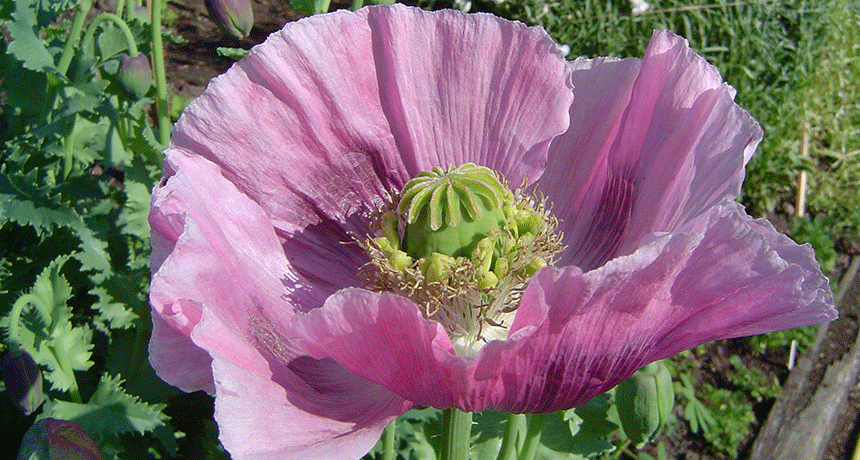cell The smallest structural and functional unit of an organism. Typically too small to see with the unaided eye, it consists of a watery fluid surrounded by a membrane or wall. Depending on their size, animals are made of anywhere from thousands to trillions of cells. Most organisms, such as yeasts, molds, bacteria and some algae, are composed of only one cell.
chemical A substance formed from two or more atoms that unite (bond) in a fixed proportion and structure. For example, water is a chemical made when two hydrogen atoms bond to one oxygen atom. Its chemical formula is H2O. Chemical also can be an adjective to describe properties of materials that are the result of various reactions between different compounds.
endorphins Any of a group of chemicals secreted within the brain and nervous system. As neurotransmitters, they relay messages within the nervous system. They also activate the feel-good receptors in the body and can raise an individual’s threshold for pain.
heroin A highly addictive and illegal drug derived from morphine, a potent pain killer. People often take heroin as a narcotic — something that dulls the senses, relieves pain and makes them sleepy or unmotivated to do anything other than lay in a slump.
molecule An electrically neutral group of atoms that represents the smallest possible amount of a chemical compound. Molecules can be made of single types of atoms or of different types. For example, the oxygen in the air is made of two oxygen atoms (O2), but water is made of two hydrogen atoms and one oxygen atom (H2O).
nausea The feeling of being sick to one's stomach, as though one could vomit.
opioid Drugs or natural substances that act on receptors (cell molecules) that can block pain signals from traveling along nerves. It can also cause euphoria, intense, pleasurable feelings of well-being. Opioids take their name from opium, a strong painkiller, which was first made from poppies, a types of flower.
receptor (in biology) A molecule in cells that serves as a docking station for another molecule. That second molecule can turn on some special activity by the cell.
withdrawal (in medicine) An almost disease-like syndrome that can develop after animals (including people) attempt to stop using a drug (including alcohol) to which they have become addicted. Shaking, sweating, trouble sleeping, anxiety, diarrhea, vomiting, abdominal cramping, muscle aches and flu-like symptoms can occur and last for days.








